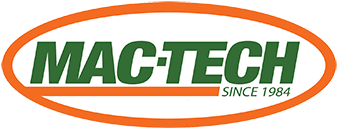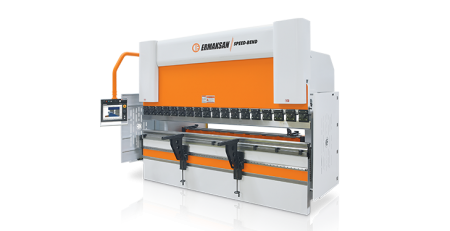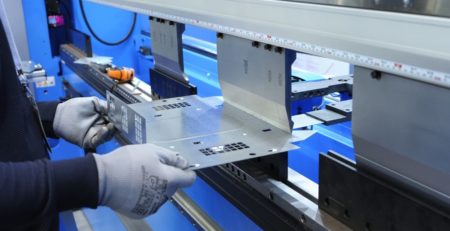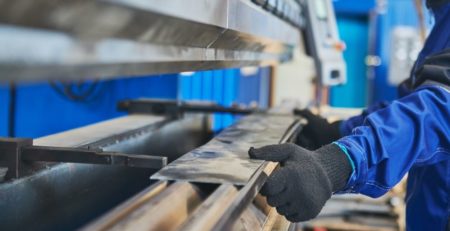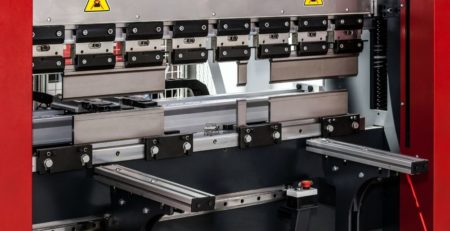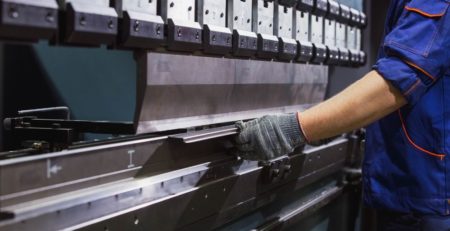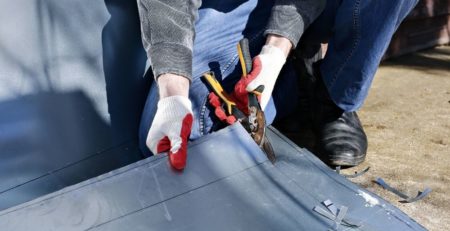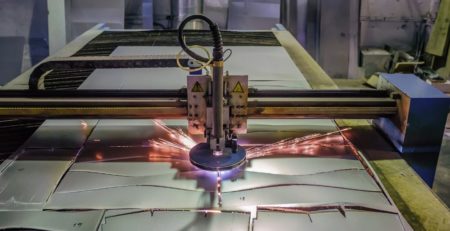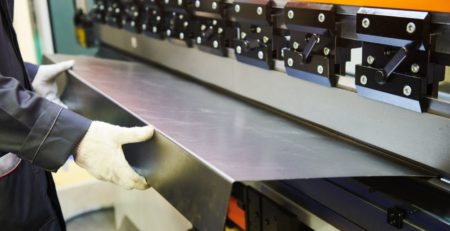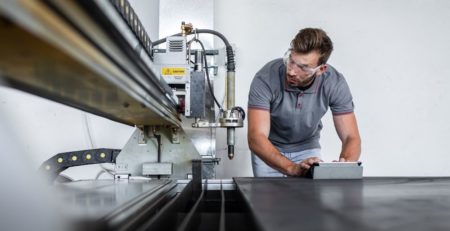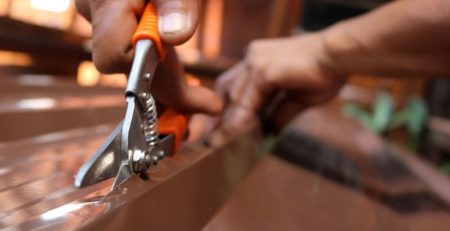Tips for Choosing the Right Metal for CNC Machining
As a metal fabrication shop owner, investing in the latest technologies and methods is good business. One of the most vital aspects of this industry is CNC machining. These tips for choosing the right metals for CNC machining projects will help you make the best use of your equipment.
Understanding CNC Machining
CNC (Computer Numerical Control) machining uses computers to control tools such as lathes, mills, routers, grinders, press brakes, and cutters. CNC technology allows for precise and accurate cutting, bending, punching, rolling, and folding of various metals.
The advantages of investing in CNC machining for your metal fabrication include increased precision in metalwork, greater versatility in production, and improved efficiency and cost-effectiveness. Choosing the right metal for your projects is the first step to getting the most out of your CNC machine.
Selecting the Right Metal for Your CNC Machines
Consider the following factors when selecting the right metal for CNC machining:
Mechanical Properties
The metal must withstand the forces during machining. It is essential to choose a metal with the appropriate strength, hardness, and ductility requirements for your project.
Cost
As a business owner, it is vital to balance quality with cost. Consider the price of the metal and its availability.
Machinability
Some metals are easier to cut, fold, or bend than others, allowing for quicker and more efficient production. Common metals used in CNC machining with unique properties and applications include the following:
- Aluminum
- Stainless steel
- Brass
Aluminum is lightweight, corrosion-resistant, and easy to machine. It is ideal for aerospace, automotive, and electronic applications. Stainless steel is strong, corrosion-resistant, and suitable for medical equipment, food processing, and industrial machinery. Excellent machinability and corrosion resistance characterize brass. Brass is common in plumbing applications and household fixtures.
Modern metalworking shops typically utilize various CNC machines to handle different types and thicknesses of metal. These may include CNC milling machines for cutting and shaping metals with rotary cutters, lathes for cutting different shapes, and press brakes to bend sheet metal precisely.
Shops that can take on projects involving long pieces of sheet metal may employ the Stefa long sheet metal folding machine, which offers precise folding capabilities for long and wide metal sheets.
Selecting the right metals for CNC machining can directly affect the quality and efficiency of your metal fabrication processes. By understanding the unique properties of each metal and equipping your shop with versatile CNC machines, you can optimize your work processes and stay at the forefront of your industry.
